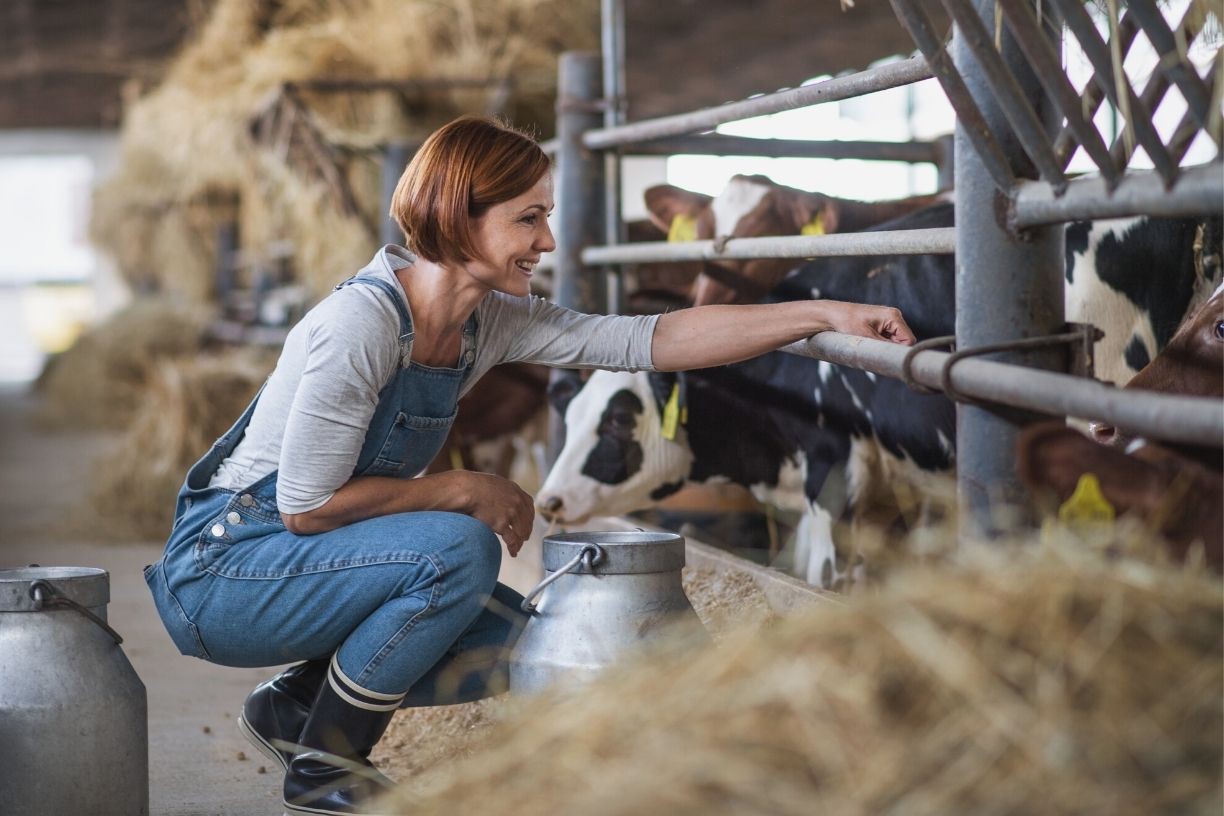Farming is an incredibly rewarding yet challenging occupation. There’s a lot you have to manage, including your crops, animals, and heavy-duty farming equipment. The average person will work a nine-to-five job, but for farmers, the workday starts early in the morning and can extend well into the night. Making your farm more efficient can save you money, labor, and, most importantly, time—but how do you go about making meaningful changes to your routines and processes? Let’s go over some tips and tricks on how to make a farm more efficient, so you can take a step towards having a more productive and rewarding farm and giving yourself some much-needed free time.
Take Care of Your Technology
Thanks to the latest technology, farmers can mechanize their planting, harvesting, and other time-consuming processes. The big, bulky machines that make this possible have their benefits, but they also have their downsides. To keep your equipment in good condition, you’ll need to regularly update the tech’s software and keep your plant machinery and tools clean and well-maintained. Learning how to maintain these machines can be a steep learning curb for farmers who are accustomed to the traditional way of getting things done. On top of that, your farm’s machinery and other technology can lead to problems with electromagnetic interference (EMI). EMI can interfere with the operation of your machines and cause them to malfunction or break down. It might even affect some of the electronics inside your farmhouse! It’s important to understand the various sources of EMI—both natural and human-made—and how to keep your farming equipment safe from it.
Find New Ways To Manage Waste
Another way to make a farm more efficient is to find better ways to manage waste. Most well-seasoned farmers understand and accept that farming is a dirty business. There’s a lot of waste, including dirt, crop waste, and animal waste—which can cause disease and death if it isn’t properly disposed of. But when it’s used right, waste can be a huge benefit to your farm. You can collect manure from your animals and sell it. You’d be surprised by how much of a market there is for fresh manure! As for your other organic waste, consider collecting it, composting it, and using the resulting fertilizer to feed your fields. You’ll hit three birds with one stone! You’re effectively removing waste from your farm, saving money on fertilizer, and improving the quality of your crops, which makes them easier to sell and more expensive.
Have a Plant Specialist and Vet at the Ready
It’s important to be prepared for emergencies. Even the most knowledgeable and experienced farmers aren’t complete experts on their livestock and crops. A cow might experience complications when birthing a litter of calves or a mysterious disease could strike your wheat field. Make sure you have a plant specialist and a vet on speed dial in case something goes wrong. This way, you can get the help you need as soon as possible. In the middle of a life-and-death situation, you don’t want to be frantically calling every specialist and vet in the area. It’s time-consuming, costly, and detrimental to your livestock and the health of your crops. Have a plan ahead of time to avoid potential disasters.










